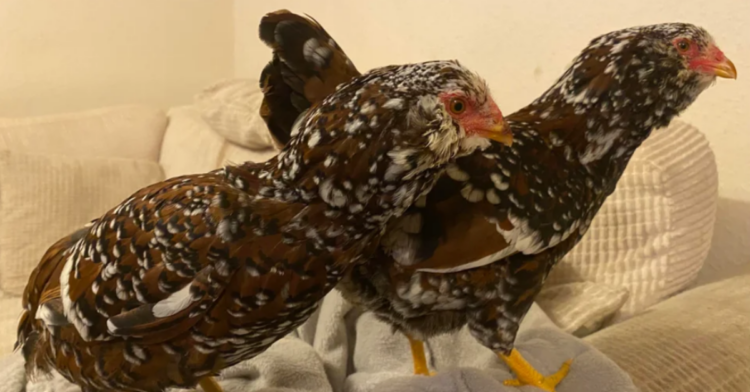There’s a chance that upon reading the title of this article, you became a little confused.
If you’re old enough to remember the mid-2000s, you may recall warnings of avian flu epidemics gripping various parts of the world. So how are we only now seeing human cases of the disease?
And indeed, it’s hardly a new phenomenon for humans to catch bird flu. However, this tends to be the case for specific influenza strains such as H5N1, H7N9 and H9N2.
So despite how much damage it’s been doing in Russia, Europe, China, the Middle East and North Africa, the H5N8 strain has largely avoided infecting humans since it’s emerged in these places.
However, it seems that this is no longer the case.
Back in December, a poultry plant in southern Russia experienced an outbreak of H5N8.

As Reuters reported , seven workers at that plant have since reportedly contracted the influenza strain from infected poultry.
The Russian government reported this matter to the World Health Organization “several” days ago and reportedly waited until they could confirm actual human cases of it.
Although properly cooked food tends to be considered safe when a bird flu epidemic emerges, they can prove disastrous within the poultry industry.

According to Reuters, that’s because poultry producers often find themselves having to kill their birds en masse.
This tactic is deployed both as a means to prevent the further spread of the virus and as a preventative measure against trade restrictions from countries that would import the poultry.
But while this strain’s spread to humans hardly comes as welcome news when we’re already in the midst of a pandemic, this situation does have some encouraging aspects.

As the BBC reported , the seven workers involved have all already recovered and just as importantly, there doesn’t seem to be any evidence for human-to-human transmission of H5N8 at this time.
This information comes from Anna Popova, the head of Russia’s official consumer health watchdog group, Rospotrebnadzor.

As the BBC quoted her as saying, “The discovery of these mutations when the virus has not still acquired an ability to transmit from human to human gives us all, the entire world, time to prepare for possible mutations and react in an adequate and timely fashion.”
And it seems that efforts to address the bird flu’s potential international impact have already begun from within Russia.

According to Reuters, the Vector Institute of Siberia announced on February 20 that it is in the process of developing testing systems to detect any further human infections, as well as an H5N8 vaccine.
Considering how much damage a pandemic has already been doing to the world over the past year, it’s easy to see why nobody would want to take any chances with biological threats like this.

















































